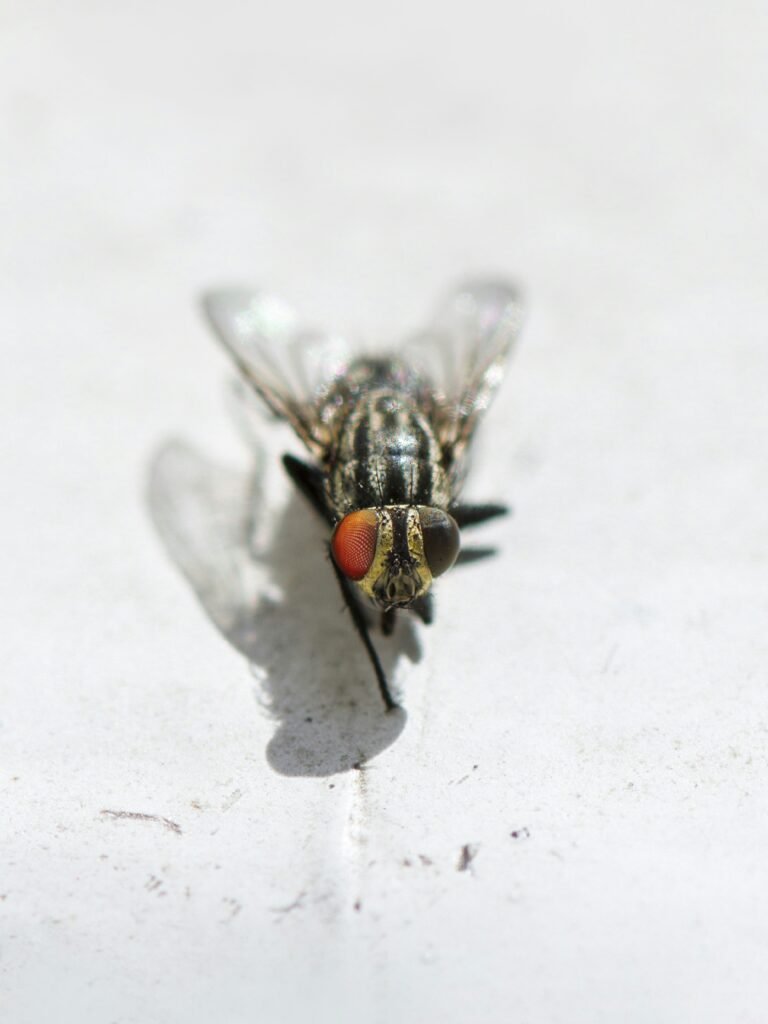
Mosquitoes: The Annoying Pests
Mosquitoes are small insects that belong to the fly family. They are known for their irritating bites and buzzing sounds that can disrupt a peaceful evening outdoors. These tiny creatures are found in almost every part of the world, except for extreme cold regions. While they may seem harmless, mosquitoes can transmit various diseases such as malaria, dengue fever, and Zika virus.
Understanding Mosquito Bites
When a mosquito bites, it pierces the skin with its proboscis, a long, needle-like mouthpart. It injects saliva into the skin, which contains anticoagulants to prevent blood clotting. This saliva triggers an immune response in the body, leading to the characteristic red, itchy bump that we associate with mosquito bites.The severity of the reaction to mosquito bites varies from person to person. Some individuals may experience mild itching and redness, while others may develop more severe symptoms such as swelling and blistering. In rare cases, individuals may even experience an allergic reaction called skeeter syndrome, which can cause fever, headache, and body aches.
Effective Mosquito Repellents and Sprays
To protect yourself from mosquito bites and reduce the risk of mosquito-borne diseases, it is essential to use effective repellents and sprays. Here are some of the best options available:1. DEET-based Repellents: DEET (N,N-diethyl-meta-toluamide) is one of the most widely used mosquito repellents. It is highly effective in repelling mosquitoes and other biting insects. DEET-based products come in various concentrations, ranging from 10% to 100%. Higher concentrations provide longer-lasting protection but may also increase the risk of skin irritation. It is important to follow the instructions on the product label and avoid applying DEET-based repellents on broken or irritated skin.2. Picaridin-based Repellents: Picaridin is a synthetic compound that is similar to the natural compound found in black pepper plants. It is an effective alternative to DEET and provides long-lasting protection against mosquitoes. Picaridin-based repellents are odorless, non-greasy, and do not damage clothing or gear. They are suitable for individuals with sensitive skin or those who prefer a milder scent.3. Oil of Lemon Eucalyptus: Derived from the leaves of the lemon eucalyptus tree, oil of lemon eucalyptus (OLE) is a natural mosquito repellent. It contains a compound called PMD (para-menthane-3,8-diol), which has been found to be as effective as low-concentration DEET. OLE-based repellents provide protection for several hours and are safe for use on children above three years of age.4. Permethrin-based Sprays: Permethrin is a synthetic insecticide that can be applied to clothing, shoes, and gear to repel mosquitoes. It binds tightly to fabric fibers and provides long-lasting protection, even after multiple washes. Permethrin-based sprays should not be applied directly to the skin but can be used in combination with skin-applied repellents for enhanced protection.
Conclusion
Mosquitoes can be a nuisance and a health risk, but with the right repellents and sprays, you can protect yourself and your family from their bites. DEET-based repellents, picaridin-based repellents, oil of lemon eucalyptus, and permethrin-based sprays are all effective options to consider. Remember to follow the instructions on the product label and reapply as necessary. By taking these precautions, you can enjoy your time outdoors without the annoyance and potential dangers of mosquito bites.